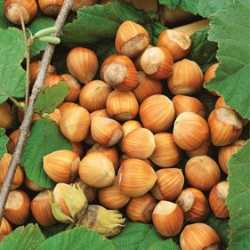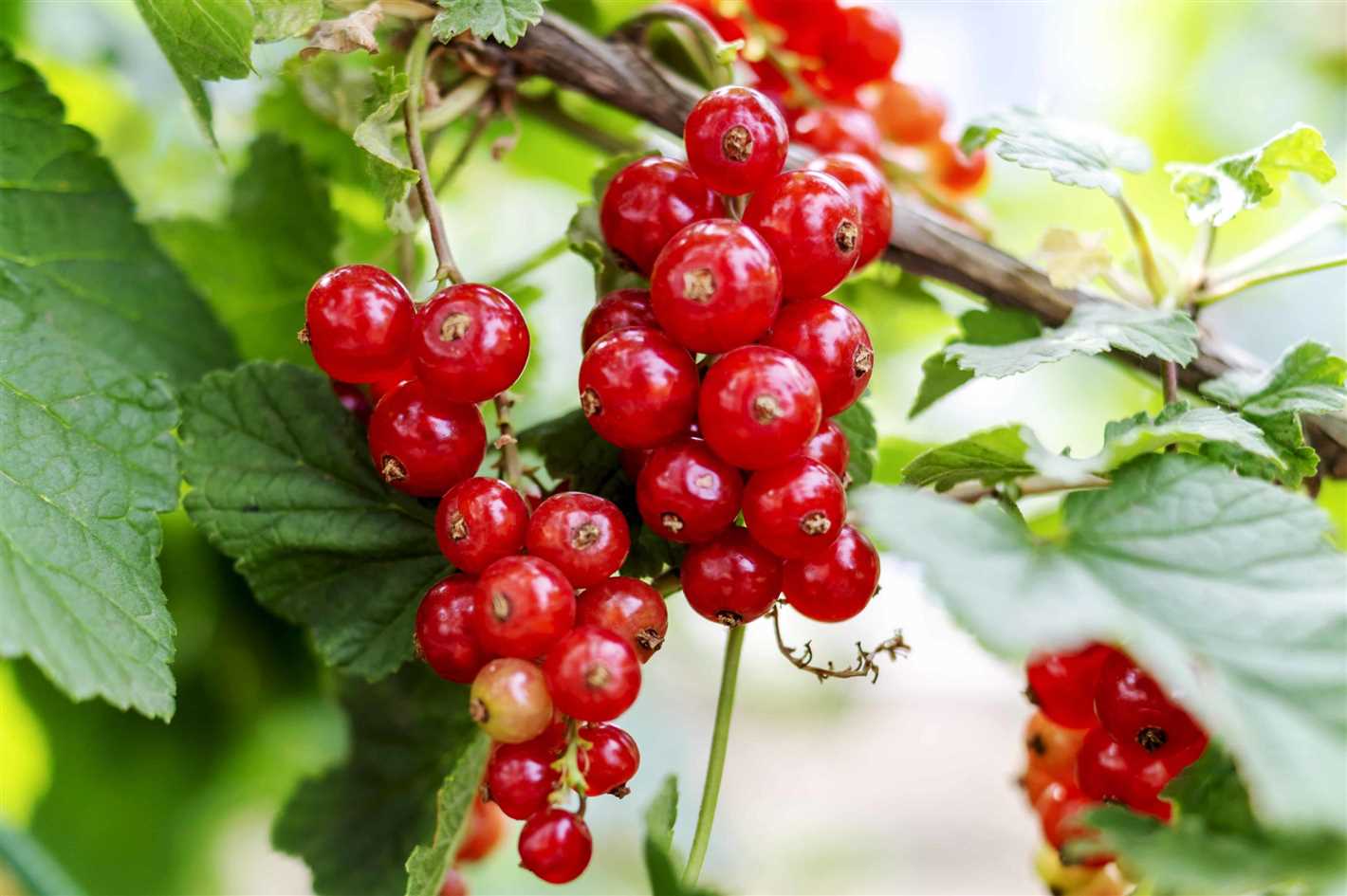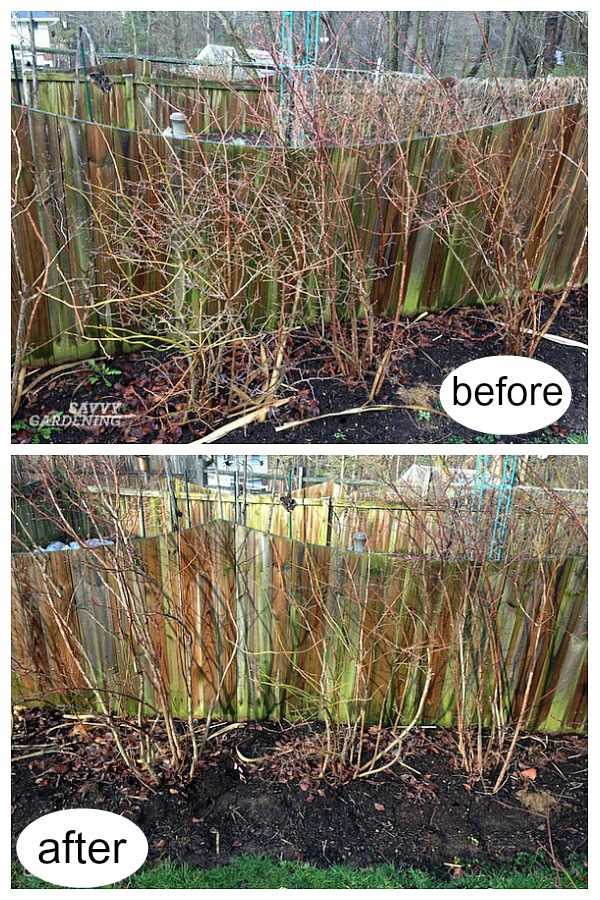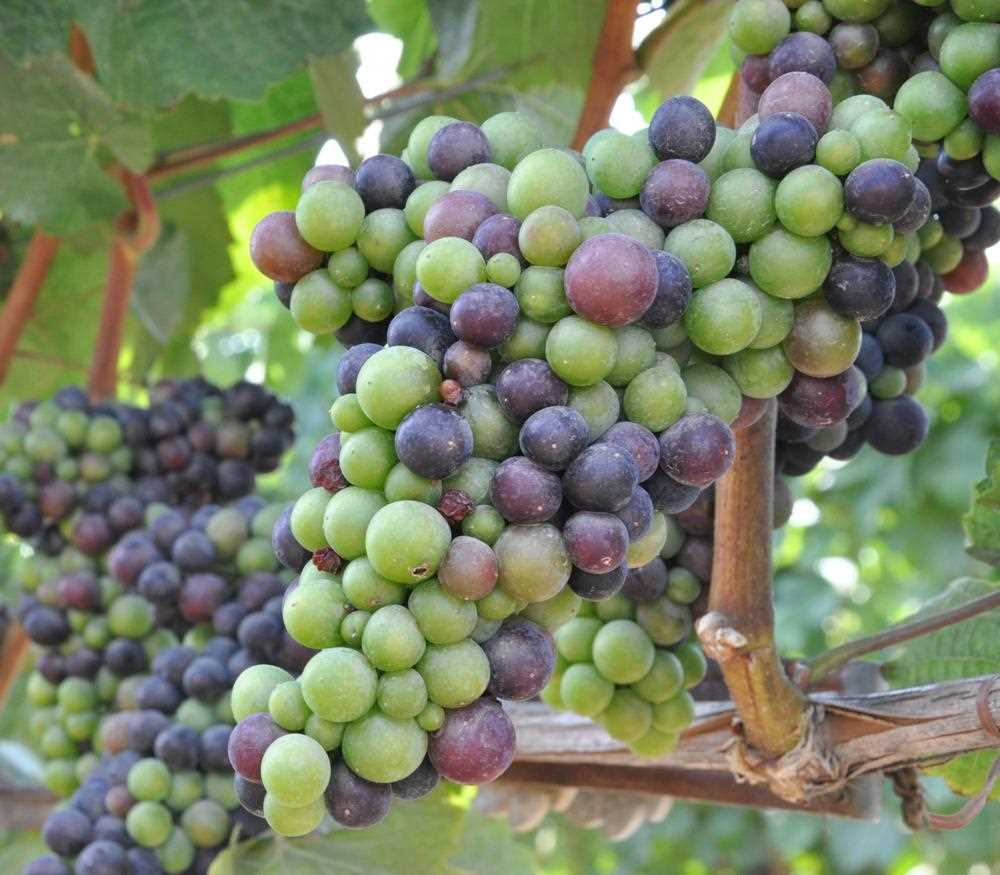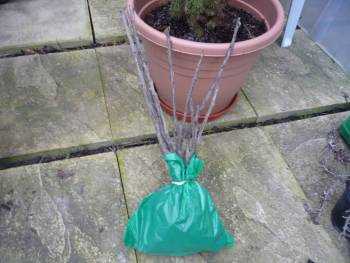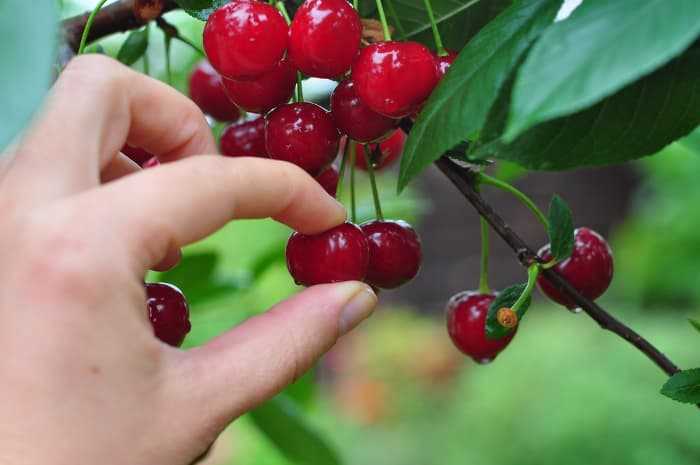- Importance of Watering for Raspberry Plants
- Understanding Raspberry Watering Needs
- 1. Watering Frequency
- 2. Watering Techniques
- 3. Testing Soil Moisture
- 4. Mulching
- 5. Rainwater vs. Tap Water
- Tips for Proper Watering of Raspberries
- Choosing the Right Fertiliser for Raspberries
- 1. Nutrient Content
- 2. Slow-Release vs. Water-Soluble
- 3. Organic vs. Synthetic
- 4. Application Method
- 5. Soil Test
- Nutritional Requirements of Raspberry Plants
- 1. Nitrogen
- 2. Phosphorus
- 3. Potassium
- 4. Calcium
- 5. Micronutrients
- 6. Organic Matter
- Fertilising Schedule for Raspberries
- Best Fertilising Practices for Raspberry Plants
- 1. Soil Testing
- 2. Balanced Fertilisers
- 3. Timing
- 4. Pre-Planting Fertilisation
- 5. Application Techniques
- 6. Mulching
- 7. Regular Monitoring
- 8. Follow Instructions
- Common Mistakes to Avoid in Watering and Fertilising Raspberries
- Question-answer:
- How often should I water my raspberry plants?
- Can I use sprinklers to water my raspberry plants?
- What is the best time of day to water raspberries?
- Do raspberry plants require fertilization?
- Can I use organic fertilizers on my raspberry plants?
- Video: Raspberry Planting Guide | Soil, Sun, pH, Fertilizing, Growing & Caring
Raspberries are delicious and nutritious fruits that can be grown in home gardens or on larger farms. To ensure their healthy growth and productivity, proper watering and fertilising techniques are essential. Adequate moisture and nutrient supply are crucial for the development of a strong root system, vigorous canes, and abundant fruit production. In this article, we will explore the best practices for watering and fertilising raspberries to help you achieve optimal growth and harvest.
Watering: Raspberries require consistent moisture to thrive, especially during the growing season. It is recommended to provide 1-1.5 inches of water per week when rainfall is insufficient. The soil should be moist but not saturated, as excessive moisture can lead to root rot and other diseases. To retain moisture and prevent weed growth, applying a layer of mulch around the plants is beneficial. Mulching also helps regulate soil temperature and reduces evaporation.
Fertilising: Raspberries are heavy feeders and require regular fertilisation to maintain their vigor and productivity. Before planting, it is advisable to conduct a soil test to determine the nutrient deficiencies and pH levels. Based on the test results, you can apply the appropriate fertilisers. A balanced, slow-release fertiliser with a ratio of 10-10-10 or 14-14-14 is suitable for raspberries. It is recommended to apply fertilisers in early spring before new growth begins and again in late spring or early summer.
Tip: Avoid over-fertilising raspberries, as this can lead to excessive vegetative growth at the expense of fruit production. Follow the instructions on the fertiliser packaging and adjust the application rates accordingly.
In addition to general fertilisers, raspberries also benefit from organic matter such as well-rotted compost or manure. These amendments can be applied in spring or fall to improve soil structure, moisture retention, and nutrient availability. Furthermore, providing raspberries with a balanced supply of macronutrients (nitrogen, phosphorus, and potassium) as well as micronutrients (iron, zinc, manganese, etc.) will contribute to their overall health and productivity.
Conclusion: Watering and fertilising raspberries properly is crucial for their healthy growth and high productivity. By providing adequate moisture, using mulch to conserve water, and fertilising with a balanced blend of nutrients, you can ensure the development of strong plants and an abundance of delicious raspberries for years to come.
Importance of Watering for Raspberry Plants
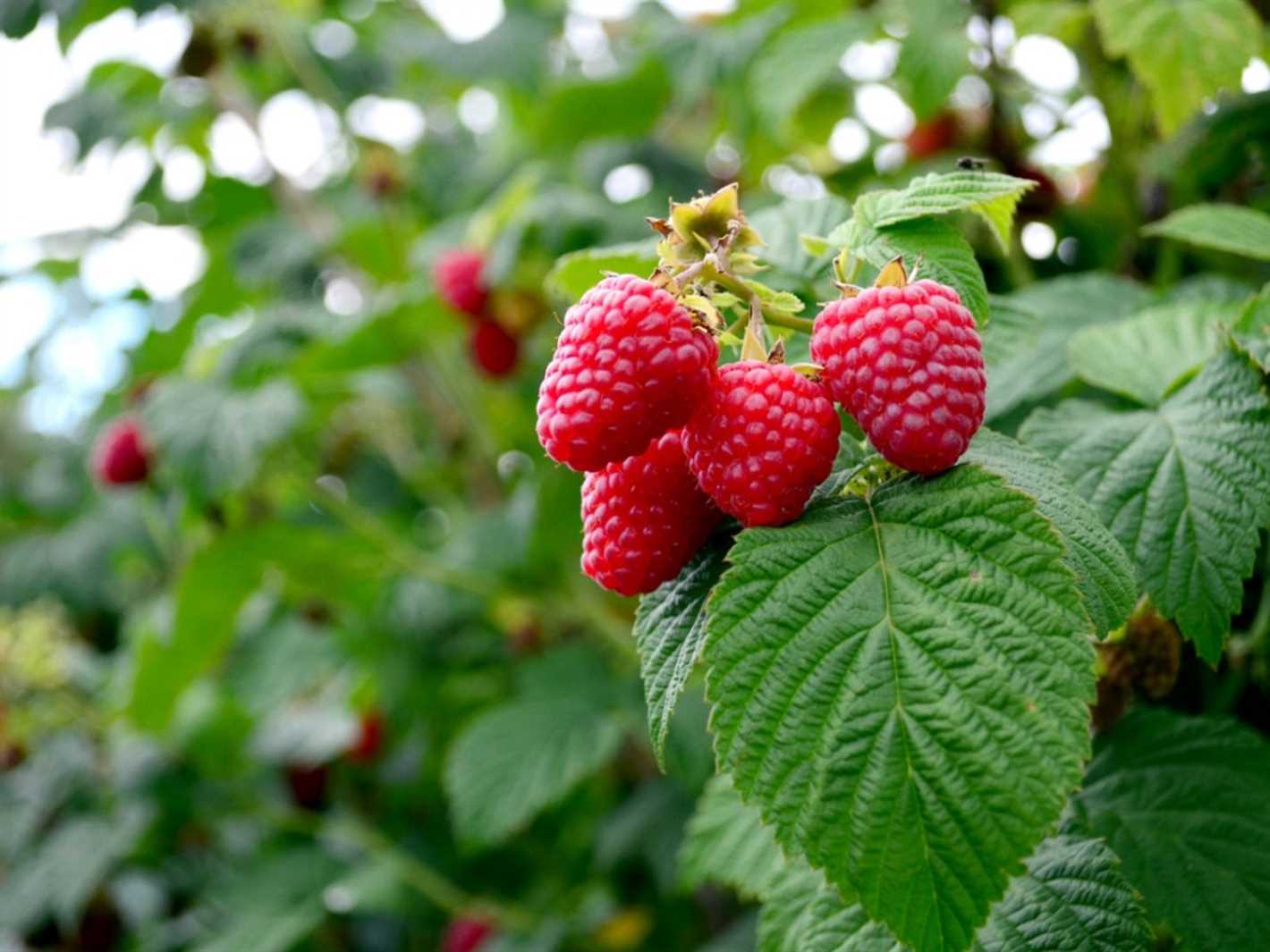
Water is a vital resource for the healthy growth and productivity of raspberry plants. Proper watering practices ensure that raspberry plants receive enough moisture to develop strong roots, healthy foliage, and abundant fruit production. Here are some key reasons why watering is essential for raspberry plants:
- Hydration: Water is essential for raspberry plants to maintain proper hydration. Adequate hydration allows plants to carry out essential functions, such as photosynthesis and nutrient uptake, which are crucial for their growth and development.
- Root Development: Regular watering encourages the development of strong and healthy root systems in raspberry plants. Well-established roots help plants access water and nutrients from the soil more efficiently, leading to improved overall plant health and productivity.
- Prevention of Stress: When raspberry plants don’t receive enough water, they can experience stress, which can negatively impact their growth and fruit production. Adequate watering helps prevent stress and promotes optimal plant health.
- Fruit Production: Watering plays a crucial role in the proper fruit development of raspberry plants. Insufficient water can result in stunted fruit growth, decreased fruit size, and lower yields. Optimal watering ensures that raspberries develop plump, juicy, and flavorful fruits.
- Temperature Regulation: Water helps raspberry plants regulate their temperature. During hot weather, watering can help cool down the plant and prevent wilting. Water also acts as an insulating layer, protecting the roots from extreme temperature fluctuations.
To ensure proper watering for raspberry plants, consider the following guidelines:
- Water raspberry plants deeply and evenly, allowing the soil to be thoroughly soaked. This ensures that the water reaches the roots.
- Water raspberry plants in the morning to allow foliage to dry before evening. Wet foliage overnight can lead to fungal diseases.
- Monitor soil moisture levels to prevent over or under watering. Stick your finger into the soil to a depth of an inch; if it feels dry, it’s time to water.
- Use mulch around raspberry plants to retain soil moisture and reduce weed growth, which can compete for water and nutrients.
- Consider drip irrigation or soaker hoses for efficient and targeted watering. These methods reduce water wastage and deliver water directly to the root zone.
By following these watering practices, you can ensure the healthy growth, development, and productivity of your raspberry plants.
Understanding Raspberry Watering Needs
Proper watering is essential for the healthy growth and productivity of raspberry plants. Understanding the specific watering needs of raspberries can help you ensure that your plants thrive.
1. Watering Frequency
Raspberry plants generally require about 1-1.5 inches of water per week. However, this can vary depending on factors such as weather conditions, soil type, and stage of growth.
During dry periods or hot weather, it may be necessary to water more frequently. Avoid overwatering, as this can lead to root rot and other diseases. It’s better to water deeply but less frequently to encourage the development of a deep root system.
2. Watering Techniques
The best way to water raspberries is to provide a deep soaking rather than light or frequent watering. Apply the water directly to the soil and avoid wetting the foliage, as this can increase the risk of fungal diseases.
Avoid overhead watering methods like sprinklers, as these can waste water and increase humidity, which can also promote diseases. Drip irrigation or soaker hoses are ideal watering methods for raspberries as they deliver water directly to the roots without wetting the leaves.
3. Testing Soil Moisture
To determine when to water your raspberry plants, it’s important to monitor the moisture levels in the soil. You can do this by inserting your finger or a moisture meter into the soil to a depth of a few inches. If the soil feels dry at this depth, it’s time to water.
Another way to test soil moisture is by observing the plants themselves. If the leaves are drooping or the plants show signs of wilting, it’s a good indication that they need water.
4. Mulching
Applying mulch around raspberry plants can help regulate soil moisture levels and reduce water evaporation. Mulch also suppresses weeds, which can compete for water and nutrients with the raspberry plants.
Use organic mulch such as straw, wood chips, or shredded leaves and apply it around the base of the plants, taking care not to mound it against the stems.
5. Rainwater vs. Tap Water
If possible, it’s best to use rainwater for watering raspberries instead of tap water. Rainwater is naturally acidic, which is beneficial for raspberries as they prefer slightly acidic soil conditions. Tap water, on the other hand, can contain chlorine and other chemicals that may be harmful to the plants.
If rainwater is not available, allow tap water to sit in an open container for 24 hours to allow the chlorine to dissipate before using it for watering.
By understanding and meeting the watering needs of your raspberry plants, you can ensure their health and productivity, leading to abundant harvests of delicious raspberries.
Tips for Proper Watering of Raspberries
Proper watering is essential for the healthy growth and productivity of raspberry plants. Here are some tips to ensure you are watering your raspberries effectively:
- Use drip irrigation or a soaker hose: Raspberries prefer deep, consistent watering rather than frequent shallow watering. Drip irrigation or a soaker hose placed at the base of the plants allows water to penetrate deeply into the soil.
- Water deeply: It is important to water raspberries deeply, ensuring the roots receive sufficient moisture. Water should penetrate at least 6 inches into the soil to reach the roots.
- Water regularly: Raspberries require regular watering, especially during dry periods. Aim for a steady supply of moisture to keep the soil consistently moist but not waterlogged.
- Water in the morning: Watering in the morning allows the leaves and fruits to dry out during the day, reducing the risk of fungal diseases. It also ensures the plants have enough moisture throughout the day.
- Avoid overhead watering: Raspberries are prone to fungal diseases, so it is best to avoid overhead watering methods such as sprinklers. Watering at the base of the plants will minimize the risk of disease.
- Monitor soil moisture: Regularly check the moisture level of the soil to ensure it is neither too dry nor too wet. Stick your finger into the soil to a depth of a few inches to determine if watering is necessary.
- Mulch: Applying a layer of mulch around the base of the plants can help retain soil moisture and reduce weed growth. It also helps regulate soil temperature.
By following these tips, you can ensure proper watering of your raspberry plants, promoting healthy growth and a bountiful harvest.
Choosing the Right Fertiliser for Raspberries
Choosing the right fertiliser for your raspberry plants is crucial for their healthy growth and productivity. It’s important to provide them with the nutrients they need to thrive and produce a bountiful harvest. Here are some factors to consider when choosing the best fertiliser for your raspberries:
1. Nutrient Content
Look for a fertiliser that has a balanced nutrient content, specifically formulated for fruit-bearing plants. Raspberries require nitrogen, phosphorus, and potassium (NPK) in varying amounts throughout their growth stages. The ideal NPK ratio for raspberries is 10-10-10 or 12-12-12. Additionally, they also need micronutrients such as iron, manganese, zinc, and copper. Check the label for the nutrient analysis to ensure it meets the needs of your raspberry plants.
2. Slow-Release vs. Water-Soluble
Consider whether you want to use a slow-release or water-soluble fertiliser. Slow-release fertilisers provide a steady supply of nutrients over an extended period of time, reducing the need for frequent applications. Water-soluble fertilisers, on the other hand, provide nutrients immediately and require more frequent applications. Choose the type that aligns with your gardening preferences and schedule.
3. Organic vs. Synthetic
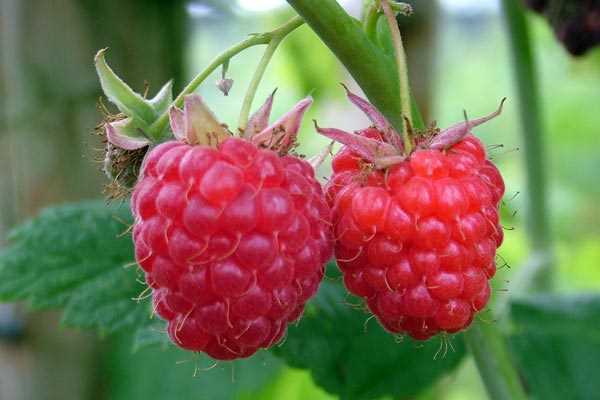
Decide whether you prefer to use organic or synthetic fertilisers. Organic fertilisers are derived from natural sources and are generally considered more environmentally friendly. They release nutrients slowly and improve the soil structure over time. Synthetic fertilisers, on the other hand, are chemically formulated and provide immediate nutrient availability. Both types can be effective, so choose based on your personal gardening philosophy.
4. Application Method
Consider the application method of the fertiliser. Some fertilisers are meant to be mixed with water and applied as a liquid solution, while others need to be spread directly on the soil. Choose a method that you find convenient and easy to use. Liquid fertilisers are often easier to apply and allow for more precise control over nutrient delivery.
5. Soil Test
Before choosing a fertiliser, it’s recommended to conduct a soil test. This will help you determine the nutrient levels in your soil and identify any deficiencies or imbalances. Based on the soil test results, you can choose a fertiliser that addresses the specific needs of your raspberry plants.
Remember to always follow the instructions provided by the fertiliser manufacturer for proper application rates and timing. By selecting the right fertiliser for your raspberries, you can ensure optimal growth and a fruitful harvest.
Nutritional Requirements of Raspberry Plants
Raspberry plants have specific nutritional requirements in order to grow and produce healthy fruit. Providing the right balance of nutrients is essential for their growth and productivity. Here are some important nutritional requirements to consider:
1. Nitrogen
Nitrogen is an essential nutrient for raspberry plants as it is necessary for their growth and development. It is responsible for promoting leafy growth and enhancing the overall vigor of the plants. Raspberry plants require a steady supply of nitrogen throughout the growing season. However, excessive nitrogen can result in vegetative growth at the expense of fruit production, so it is important to maintain a proper balance.
2. Phosphorus
Phosphorus is another important nutrient for raspberry plants. It plays a vital role in promoting root development, flowering, and fruit production. Phosphorus deficiency can result in stunted growth and poor fruit quality. It is important to ensure an adequate supply of phosphorus, especially during the early stages of plant growth and fruit development.
3. Potassium
Potassium is necessary for various physiological processes in raspberry plants, such as water regulation, disease resistance, and fruit quality. It helps improve the overall strength and vigor of the plants. Potassium deficiency can lead to weak plants, lower fruit yields, and increased susceptibility to diseases. Regular potassium fertilization is essential for healthy raspberry plants.
4. Calcium
Calcium is important for the structural integrity of raspberry plants. It helps strengthen cell walls and improve plant structure. Calcium deficiency can result in weak plants and increased susceptibility to diseases such as root rot. Regular application of calcium can help prevent these issues and promote healthier raspberry plants.
5. Micronutrients
Aside from the major nutrients mentioned above, raspberry plants also require various micronutrients in smaller quantities. These include iron, manganese, zinc, copper, and boron. Micronutrients are essential for various metabolic processes and overall plant health. Regular soil tests can help determine if any micronutrient deficiencies need to be addressed through targeted fertilization.
6. Organic Matter
In addition to specific nutrients, raspberry plants benefit from the presence of organic matter in the soil. Organic matter improves soil structure, enhances water retention, and provides a slow-release source of nutrients. Adding compost or well-rotted manure to the soil can help improve its fertility and overall health, resulting in healthier raspberry plants.
In conclusion, providing the right balance of nutrients is essential for the healthy growth and productivity of raspberry plants. Maintaining adequate levels of nitrogen, phosphorus, potassium, calcium, and micronutrients, along with the presence of organic matter, will help ensure strong and productive raspberry plants.
Fertilising Schedule for Raspberries
Proper fertilising is essential for healthy growth and high productivity of raspberry plants. Here is a schedule to follow for fertilising raspberries throughout the growing season:
- Early Spring: Apply a balanced fertiliser, such as a 10-10-10 NPK (nitrogen, phosphorus, and potassium) fertiliser, based on the recommended dosage on the package. This will provide the plants with the necessary nutrients to support early growth.
- Early Summer: Once the plants have started to put out new growth, apply a slow-release fertiliser. This will provide a steady supply of nutrients to the plants throughout the remainder of the growing season.
- Mid-Summer: Apply a liquid fertiliser high in potassium, such as a 0-0-50, to promote fruiting and improve the quality of the berries.
- Late Summer/Early Fall: As the fruiting season comes to an end, apply a nitrogen-rich fertiliser, such as blood meal or fish emulsion, to help the plants recover and prepare for the following year.
It is important to note that the exact timing and frequency of fertiliser applications may vary depending on the specific raspberry variety, soil conditions, and climate. It is always best to refer to the instructions on the fertiliser package and adjust the schedule accordingly.
Additionally, it is recommended to perform a soil test before fertilising to determine the exact nutrient needs of the plants. This will help ensure that the fertiliser application is tailored to the specific requirements of the soil and plants.
| Fertiliser | Nitrogen (N) | Phosphorus (P) | Potassium (K) |
|---|---|---|---|
| 10-10-10 | 10% | 10% | 10% |
| 0-0-50 | 0% | 0% | 50% |
Best Fertilising Practices for Raspberry Plants
Fertilising raspberry plants is an essential part of ensuring their healthy growth and productivity. By providing the necessary nutrients, you can help your raspberry plants thrive and produce abundant fruits. Here are some best fertilising practices for raspberry plants:
1. Soil Testing
Before fertilising your raspberry plants, it’s important to conduct a soil test to determine the soil’s nutrient levels. This will help you understand what nutrients your plants may be lacking and tailor your fertilising approach accordingly. Contact your local agricultural extension office to find out how to conduct a soil test.
2. Balanced Fertilisers
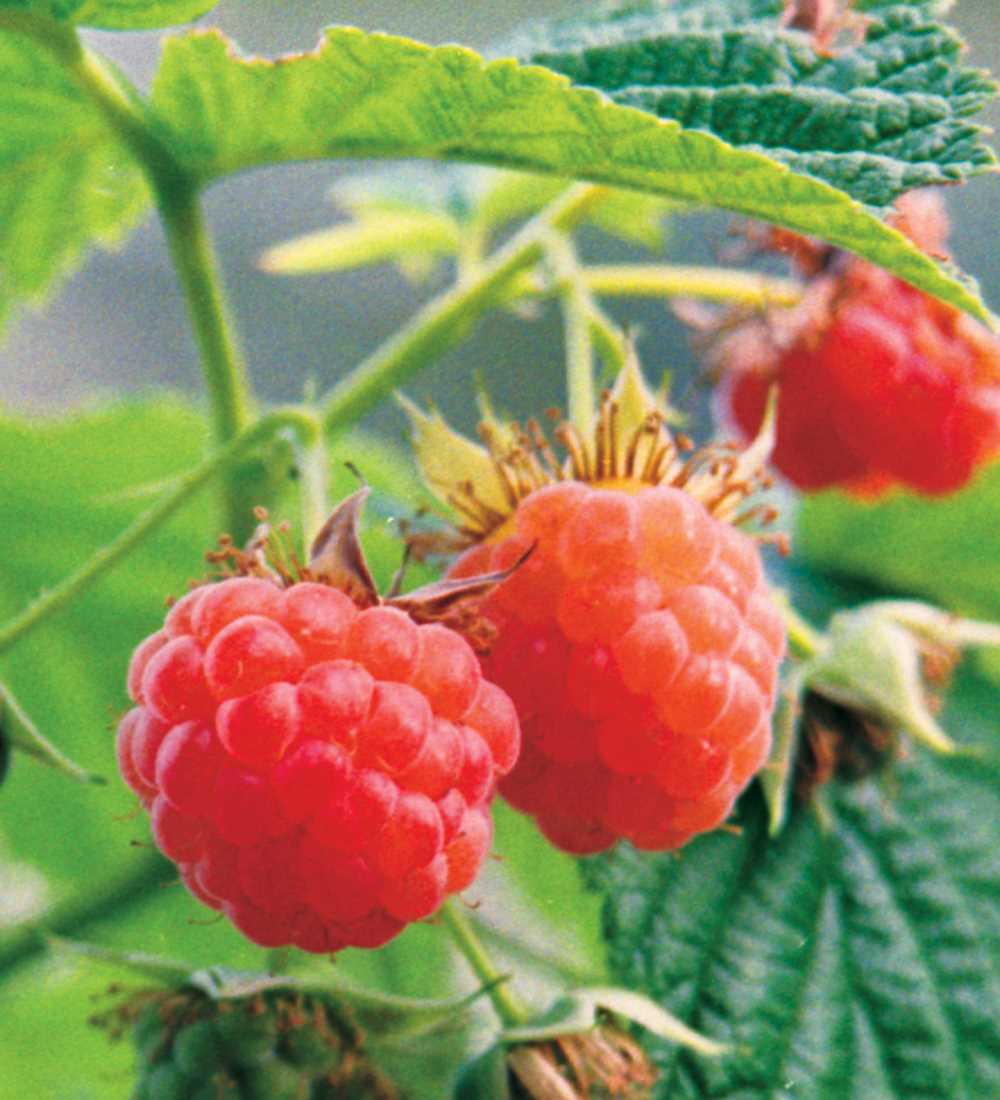
Choose a balanced fertiliser that provides a mix of essential nutrients for raspberry plants. Look for fertilisers with equal proportions of nitrogen (N), phosphorus (P), and potassium (K), such as a 10-10-10 or 14-14-14 blend. This will ensure that your plants receive a well-rounded nutrient supply.
3. Timing
Apply fertiliser to raspberry plants at the right time to maximise its effectiveness. Generally, it’s best to fertilise raspberry plants in early spring before new growth begins. This will give the plants a nutrient boost as they start the growing season. Avoid fertilising in late summer or fall, as this can promote tender growth that is susceptible to winter damage.
4. Pre-Planting Fertilisation
Before planting raspberry plants, incorporate well-rotted organic matter into the soil to provide a slow release of nutrients. This can include compost, aged manure, or other organic materials. Avoid using fresh manure, as it can burn the roots of the plants.
5. Application Techniques
When applying fertiliser to raspberry plants, spread it evenly around the base of the plants, extending out to the drip line. Be careful not to let the fertiliser come into direct contact with the stems or foliage, as this can cause burns. Water the plants thoroughly after applying the fertiliser to help it soak into the soil.
6. Mulching
Using organic mulch, such as straw or wood chips, around raspberry plants can help conserve moisture and prevent weed growth. Additionally, as the mulch breaks down, it can slowly release nutrients into the soil, providing an extra fertilising benefit.
7. Regular Monitoring
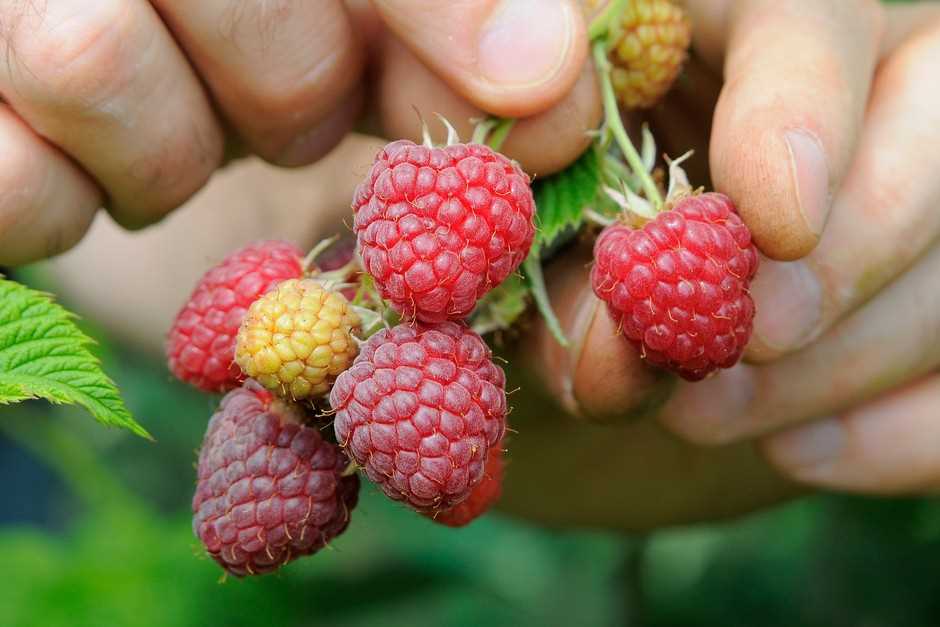
Regularly monitor the health of your raspberry plants to ensure they’re receiving adequate nutrition. Look for signs of nutrient deficiencies, such as yellowing leaves or stunted growth, and adjust your fertilising practices accordingly. Remember, it’s better to under-fertilise than over-fertilise, as excessive nutrients can harm the plants.
8. Follow Instructions

Always follow the manufacturer’s instructions when applying fertilisers to raspberry plants. Overuse can lead to nutrient imbalances or environmental pollution. Use the recommended amount and frequency of application for the specific fertiliser you’re using.
By following these best fertilising practices, you can help your raspberry plants thrive and enjoy a bountiful harvest of delicious fruits.
Common Mistakes to Avoid in Watering and Fertilising Raspberries
1. Overwatering: One of the most common mistakes in watering raspberries is overwatering. While raspberries require regular watering, excessive or constant moisture can lead to root rot and other fungal diseases. It’s important to strike a balance between providing enough water for the plants without saturating the soil.
2. Inconsistent watering: Another mistake is inconsistent watering. Raspberries have shallow root systems and require consistent moisture, especially during hot and dry periods. Frequent light watering is better than infrequent heavy watering. A drip irrigation system or a soaker hose can help maintain consistent moisture levels.
3. Watering from above: Watering raspberries from above can increase the risk of foliar diseases such as powdery mildew. It is best to water raspberries at the base of the plants, directing the water towards the root zone. This helps keep the leaves dry and reduces the risk of fungal diseases.
4. Applying too much fertilizer: Applying excessive amounts of fertilizer can lead to nutrient imbalances and burn the roots of raspberry plants. It is important to follow the recommended dosage and application instructions on the fertilizer packaging. A soil test can also help determine the specific nutrient needs of your raspberry plants.
5. Using the wrong fertilizer: Using the wrong type of fertilizer can also hinder the growth and productivity of raspberries. Raspberries require a balanced fertilizer with equal ratios of nitrogen, phosphorus, and potassium (N-P-K). Choosing a fertilizer specifically formulated for berries or fruit-bearing plants can ensure the plants receive the necessary nutrients.
6. Fertilizing at the wrong time: Timing is crucial when fertilizing raspberries. Fertilizer should be applied in early spring before new growth starts. Applying fertilizer too late in the season can encourage late-season growth that is more susceptible to winter damage. It is important to follow the recommended fertilizing schedule for raspberries in your region.
7. Not mulching: Neglecting to mulch around raspberry plants is a common mistake. Mulching helps retain soil moisture, suppresses weed growth, and moderates temperature fluctuations. A layer of organic mulch, such as straw or wood chips, should be applied around the base of the plants, taking care to keep the mulch a few inches away from the plant stems to prevent rot.
8. Neglecting to monitor soil moisture: It is important to regularly monitor soil moisture levels to ensure raspberries receive adequate water. The soil should be moist but not waterlogged. Using a moisture meter or simply digging a few inches into the soil with your finger can help determine if watering is necessary.
To avoid these common mistakes, it is essential to understand the specific needs of raspberry plants and provide them with appropriate care in watering and fertilizing. Consistency, moderation, and proper timing are key to promoting healthy growth and productivity in raspberries.
Question-answer:
How often should I water my raspberry plants?
Raspberry plants should be watered regularly, especially during dry spells. Aim to keep the soil consistently moist, but not waterlogged. Water the plants deeply about once a week, providing approximately 1 inch of water each time.
Can I use sprinklers to water my raspberry plants?
While it is possible to use sprinklers to water raspberry plants, it is generally not recommended. Sprinklers can result in wet leaves and berries, which can promote the development of diseases. Additionally, sprinklers may not deliver water deep enough into the soil.
What is the best time of day to water raspberries?
The best time of day to water raspberries is in the early morning. Watering in the morning allows the foliage to dry off during the day, reducing the risk of disease. Avoid watering in the evening or at night, as this can create a damp environment that promotes fungal growth.
Do raspberry plants require fertilization?
Yes, raspberry plants do require fertilization to ensure healthy growth and productivity. It is recommended to apply a balanced fertilizer, such as a 10-10-10 formulation, in early spring before new growth begins. This will provide the necessary nutrients for the plants.
Can I use organic fertilizers on my raspberry plants?
Yes, organic fertilizers can be used on raspberry plants. Options such as compost, well-rotted manure, or organic fertilizers specifically formulated for berries can be applied. These organic fertilizers provide nutrients to the plants and help improve soil health.
